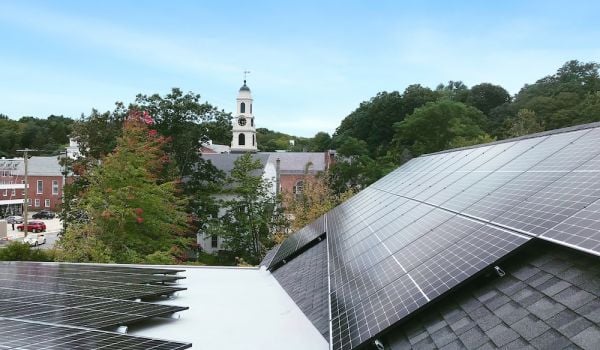A typical day at Nzilani Glass Conservation could involve anything from photographing windows to restoring glass. As the only BIPOC-owned stained glass studio in the country, according to the Stained Glass Association of America, they’re providing employment for a diverse group of artists in a traditionally heavily white industry.
“When I was pursuing [glass conservation] as an interest, as an art, and then as a career, I didn’t see myself reflected in it,” says Ariana Makau, the founder of Nzilani. That’s part of the reason why Makau is deliberate about making sure her team is diverse not only racially, but in terms of life experiences as well.
Recognizing that certain circumstances can serve as barriers to entering the industry, she makes sure to “acknowledge and appreciate that there are people who, by the nature of what they were presented in growing up, had constraints that had nothing to do with their ability and nothing to do with what their interests were. And they’re equally qualified.” It is this approach that grants a greater variety of people the opportunity to enter the glass conservation field through employment at Nzilani.
Makau has found that having employees from different backgrounds allows people to approach their work at Nzilani from a unique perspective; one of her employees, for example, is a musician and finds that his background writing music translates surprisingly well to writing reports. “We say the only thing we can’t train is interest and attention to detail,” Makau says “Everything else can be learned on the job.”
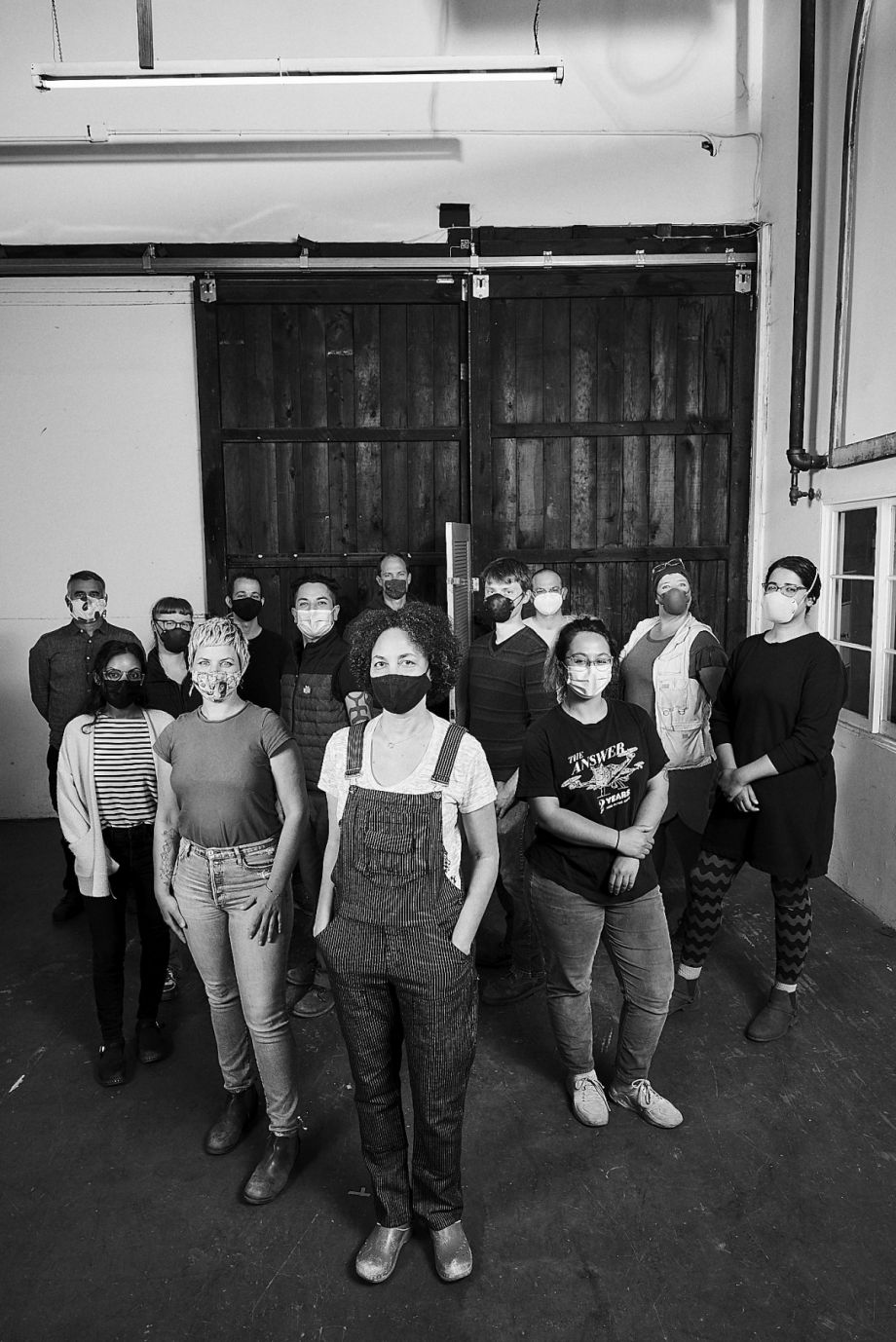
Ariana Makau and the Nzilani team. (Photo by Philip Demetrius)
Nzilani works with both traditional and stained glass. They don’t replace the glass; they restore it. This involves consolidating and repairing broken or damaged glass. Nzilani’s clients vary from residential homes to monumental buildings.
In March 2020, Nzilani was on the verge of beginning a large project with a local church, but the onset of the pandemic delayed those plans due to safety concerns. Nzilani’s projects can take anywhere from 6-18 months to move from plans to the field, so in order to keep members of the team working during the pandemic, Nzilani temporarily pivoted to making cloth masks, drawing upon the experience that all of her staff have wearing respirators at work sites. They were also able to use industry materials they had on hand, such as copper ties, to put together sturdy masks.
“We were thinking about making something that would last a whole workday, if not longer, based on our experience,” Makau says. The production, where each person focused on one particular part of the production process, was similar in many ways to the stained glass production process. “We work really well as a team, so pivoting to doing something in a production line was very similar [in that] one person didn’t have to carry it from start to finish.”
The business also received a loan from Pacific Community Ventures and other CDFIs to keep them afloat. The financial assistance provided by PCV and other organizations gave Nzilani the chance to pause, reflect and evaluate how to move forward. “The cushion of the [funding] is really beneficial for us to take a breather and not [have the] panic of like, ‘well, what are we going to do? What are we going to do now?’” she says.
Nzilani’s ability to remain flexible but focused as a team allowed them to weather the pandemic and keep all of their employees on the payroll. Now, as they’ve resumed working on the church project, things are looking up.

This story is part of our series, CDFI Futures, which explores the community development finance industry through the lenses of equity, public policy and inclusive community development. The series is generously supported by Partners for the Common Good. Sign up for PCG’s CapNexus newsletter at capnexus.org. Also, we’ve corrected an incorrect pronoun inadvertently added during the editing process.
Houreidja Tall is a New York-based writer. She is an Engagement Journalism master’s student at The Craig Newmark Graduate School of Journalism, where she covers topics ranging from hair to immigration. She holds a BA in Women’s and Gender Studies from Brooklyn College.

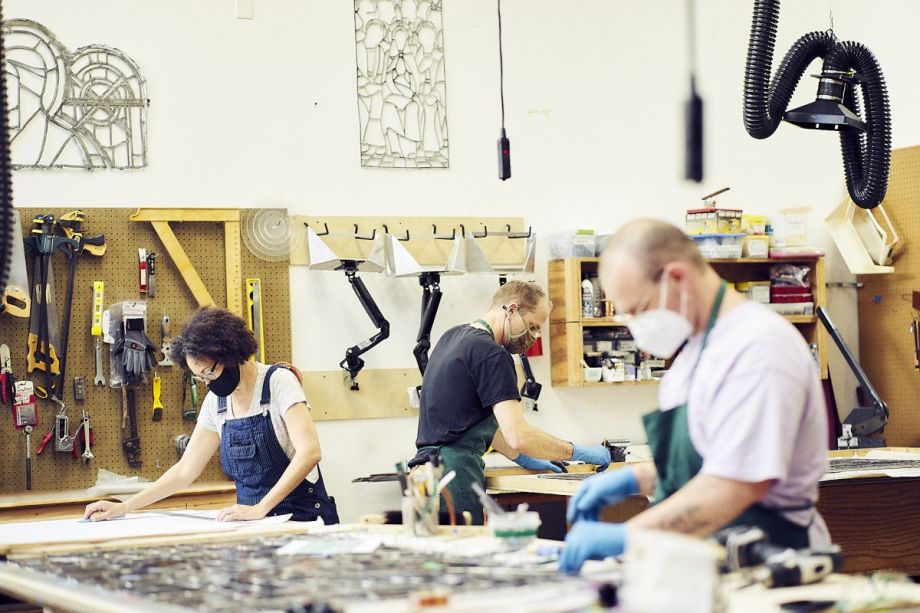
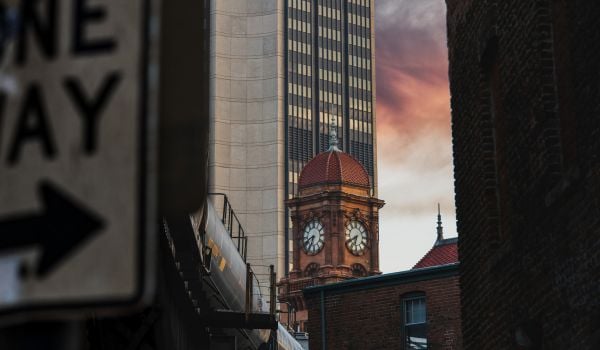

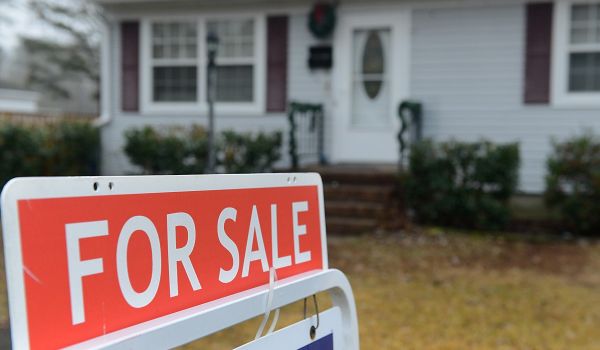

_920_518_600_350_80_s_c1.jpg)
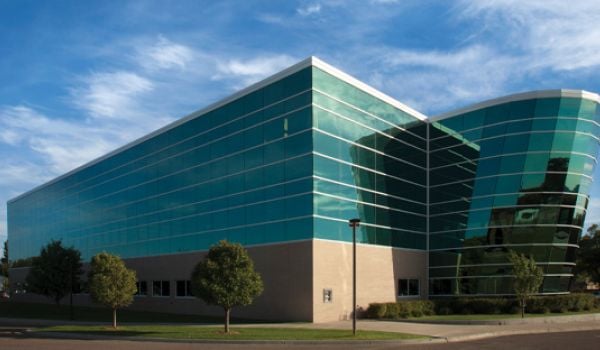
_600_350_80_s_c1.jpg)
